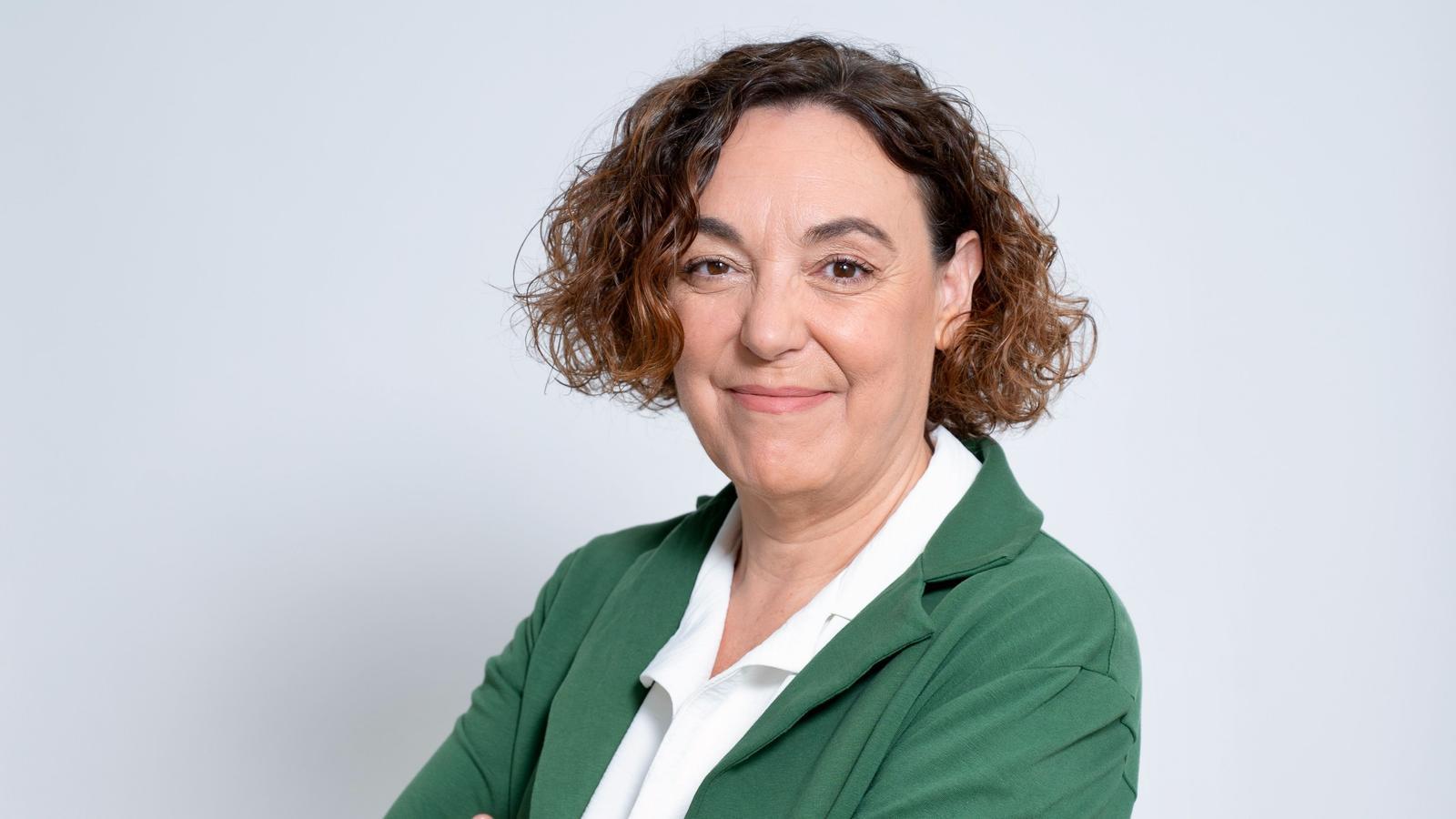Cristina Maragall: “My father wanted to capture the image of everything he loved.”
Daughter of the former president of the Generalitat and president of the Pasqual Maragall Foundation


PalmGiving visibility to the reality behind Alzheimer's, through exhibitions, books or even a documentary – the award-winning Bicycle, spoon, apple, directed by Carles Bosch– has been one of the main focuses of the Pasqual Maragall Foundation, founded in 2008 and currently led by Cristina Maragall, daughter of the former president of the Generalitat (Catalan government).
What memories do you have of those first photographs your father began taking after his Alzheimer's diagnosis?
— I remember him very well, and not just when he took the first ones, because he did it for a long time. It was a very present issue, from the very beginning. In fact, we went to Croatia together, and just as he took the photos, he'd send them to me, even though I was right in front of him, and at that time they still had to be sent by text message, so you can imagine the bill we got! [Laughs] He was excited not only about taking the photos, but about sharing them. It was very important to him.
Have you always been interested in photography?
— No, no, he was more of a bookworm than anything else, but the ability to do it with his cell phone was fabulous for him, coinciding with his diagnosis. That cell phone was so important to him that I remember his chief of staff, when he was already ill, searching secondhand markets in case he found the same model, because it was the only one he wanted to use.
Many of the photographs are self-portraits.
— Yes, I'm not sure what to make of it. It's true that many Alzheimer's patients, when they reach an advanced stage, stop recognizing their surroundings and their own physiognomy, but that's not the case with the father. I think he wanted to capture those images so he wouldn't lose them, as he did with all the things he loved.
What he was clear about from the very beginning, and the whole family with him, was that the disease needed to be made visible.
— Yes, it was a choice the parents made, and I believe it was in line with how they had lived their lives up until then. They didn't have to hide from anything; it was natural for them to understand the disease as a political tool, as a way to change people's perceptions of Alzheimer's, which at the time were still associated with an image of demented, senile, or lost people.
And he continues to work on this today at the Pasqual Maragall Foundation, with more than 100,000 members.
— Yes, it's been one of our goals from the beginning, and we're happy to continue along these lines, investing in outreach and cultural projects like this exhibition at the Toni Catany Foundation or the Brain Film Fest. Of the 100,000 members, more than 2,500 are from the Balearic Islands, which also excites us.
Did you know about the connection between your father and Toni Catany?
— The truth is, no. I do remember that experience of the overnight stays, which wasn't made public at the time, because it was his project, which he wanted to move forward with to revive the pulse of the neighborhoods and the streets after he'd been mayor for some time, but I didn't know Toni Catany had been one of them. These are stories that have come back to us over time and have become very fond and interesting memories for us.
If you had to highlight just one of Pasqual Maragall's snapshots, which would it be?
— There are too many to choose just one, but there are those who have never seen anyone, and among them I now remember one of my little son, when he was a child, and which is accompanied by the phrase "he does know."
